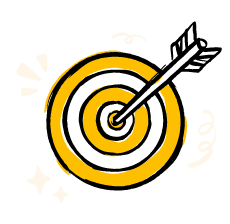

The overall objective of the project is fostering the development of national education systems in Armenia and Georgia regarding SS-based teaching and learning methodologies, tailored framework, strategies, and techniques through enhancing the quality of academic content in line with the 21st century labour market to boost students’ career prospects, their employability and entrepreneurial skillset, thereby helping them deal effectively with challenges of their professional and everyday life.

to develop/revise institutional policies, procedures, mechanisms and tools for SS-based and project-based teaching and learning in line with Tuning Methodology from a student-centred and a labour-market-demand perspective to achieve the desired SS-related learning outcomes.

to build up capacities of the ARM & GE HEIs’ academic staff by developing their abilities of competency- and performance-based teaching on programme countries’ best practices to be able to identify gaps in their SS perception and propose some innovative approaches to their development through a critical and systematic evaluation of existing teaching methods, techniques and strategies.

to develop and implement 10 SS modules in formal and non-formal T&L in PC HEIs so that they will be more tailored to the current trends and needs for the SS and will gradually bridge the discrepancy between the skills obtained in higher education and those demanded by the labour market.

to design and develop SS Methodologies and Assessment in line with current trends and approaches in higher education to enable ARM&GE HEIs to explore the integrative, transferable and empowering nature of SS and their significant role in multi-disciplinary and interdisciplinary learning.

to strengthen cooperation among consortium partners through joint and sound management, quality, dissemination and exploitation activities of the project.
Vanadzor State University after H. Tumanyan
Project Coordinator Lusik Vardanyan
Co-coordinator Gohar Dokholyan
Financial Manager Ghukas Ghukasyan
Vice-Rector for Scientific Affairs Varduhi Hovsepyan
Vice-Rector for Academic Affairs Lusine Kostandyan
Head of the QA Centre Anna Khachatryan
Assistant Professor of Foreign Languages and Literature Arine Danielyan
Associate Professor of Pedagogy and Psychology Vanane Mirzoyan.
